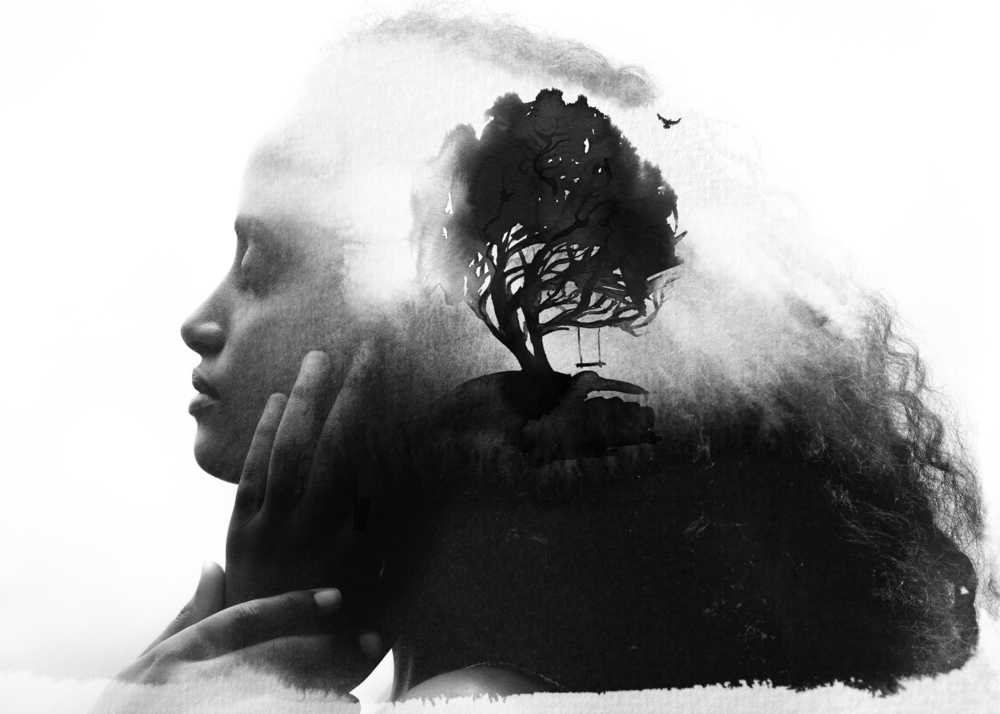Months ago, I was scrolling through Facebook when a news article appeared on my feed. It was the story of a young Nigerian student that committed suicide. On one hand, the incident was a needed entry point to conversations about mental health and self-care, but sadly, there were fingers were pointed to the devil, hip hop culture and the blasphemy of religion that was written on the young man page.
Interestingly, that incident opened up more discoveries about suicides in Nigeria by the insecticide called Sniper. Again, and unfortunately, many Nigerians blamed it on village people. The idea is that when a person is sick in the body, he probably has malaria but when the issues are of the mind, there must be some transcendental or superstition reason somewhere.
Meanwhile Nigeria according to internet searches was ranked No 1 in suicide deaths in West Africa. A seminar was conducted in our school and our Guidance and counselling unit was then brought back to life when the issues became too hard to ignore for something that should have been forefront in our minds all along.
Depression, as we are subconsciously taught, is not a Nigerian thing but an ailment that only affects the Western world. Mental illness was a newly born baby that was always hidden from sight until it grew into something that the individual cannot fight. In a seminar I attended in my school, a group of top psychiatrists started off with tales from survivors of illness such as schizophrenia, near suicides etc. The central theme that was woven in almost every story was how their relatives thought the problems were in their mind and in that case, not real.
This ignorance was often the last straw for most, the ones we didn’t get to hear their stories, the people who didn’t survive. I found out that day that there was something called Dance Therapy brought about by Mary Whitehouse in the 1960s for people dealing with mental issues – it was a form of meditative therapy. We were then taught about antidepressants, the doctors took their time stressing against self medication.
Mental health issues were addressed like the disease they were and solutions were given. Always lookout for warning signs in friends and family, speak up to someone when you have a problem, surround yourself with positive energy and try seeing a psychiatrist if it gets too much. At the end of the seminar, I wondered why it took these many deaths to give us that wake-up call. When we look for someone to blame for bringing us misfortune, we became our own village people.
